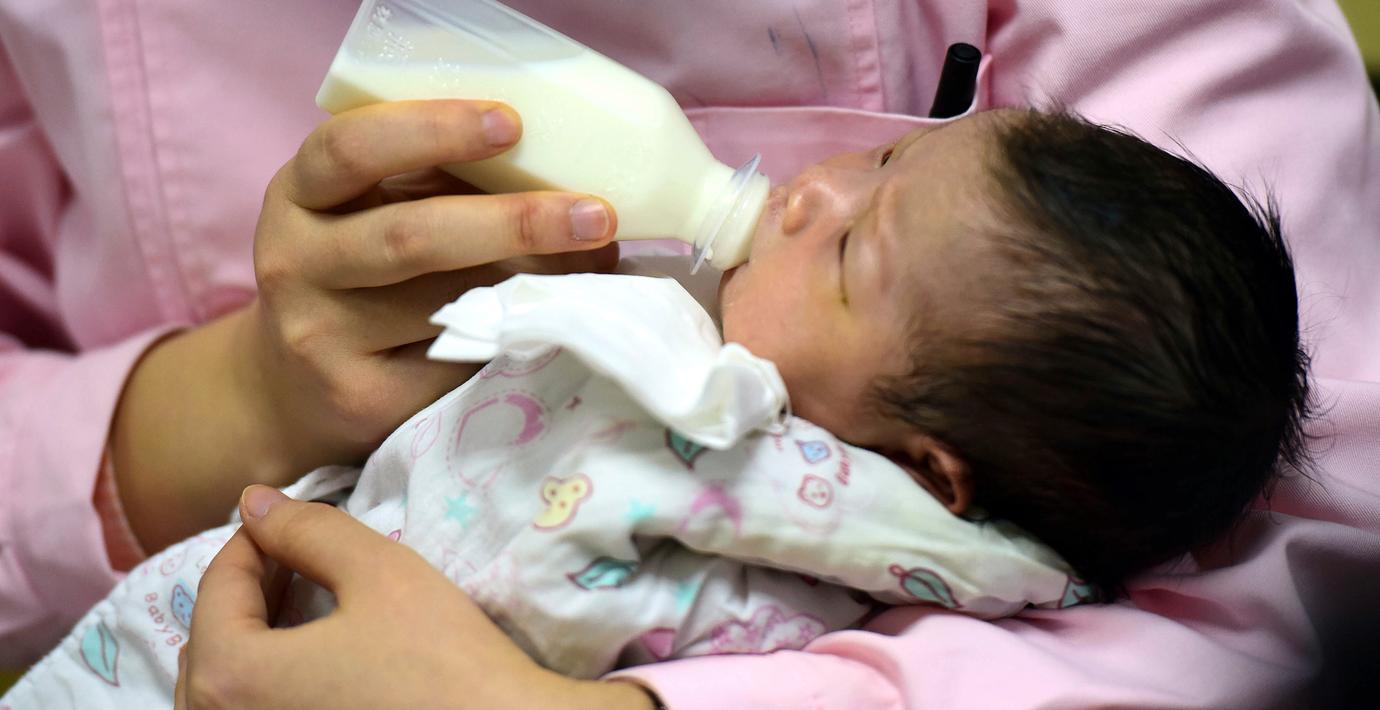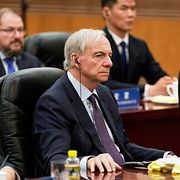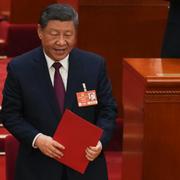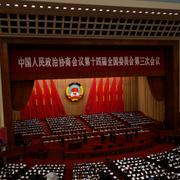
Kinesiska män stoppas från att sterilisera sig
I Kina blir det allt vanligare att sjukhus vägrar att genomföra vasektomi, sterilisering av män, rapporterar Washington Post.
Tidningen har pratat med enbarnsmamman Zhao Zihuan, vars make informerades av en läkare att ingreppet inte längre var tillåtet enligt landets nya familjepolicy.
– Jag blev både rädd och arg. Vad händer om vi blir gravida av misstag? Vi skulle inte ha något val än att behålla barnet. Det bördan skulle bli för stor, säger hon.
Tolv sjukhus runt om i Kina som tidningen pratat med uppger att de inte längre utför ingreppet. Tidigare hade landet en ettbarnspolicy, en regel som slopades 2016 på grund av den tröga befolkningstillväxten.
bakgrund
Sterilisering
Wikipedia (sv)
Sterilisering (av latinets sterilis, "ofruktbar") är ett kirurgiskt ingrepp för att ta bort fortplantningsförmågan.
Hos män skär man av sädesledarna och blockerar ändarna så att spermierna från testiklarna inte kan passera och därmed blandas med sädesvätskan. Om man lämnar den nedre änden öppen (i riktning mot testikeln) förefaller risken för kronisk smärta efter ingreppet minska.En vasektomi (manlig sterilisering) tar vanligtvis upp till 30 minuter att utföra och ger effekt efter cirka tre månader. Ibland, men inte alltid, kan ingreppet omvändas. Sterilisering skyddar endast mot förmågan att göra en kvinna gravid - inte mot könssjukdomar.Sterilisering på kvinnor genomförs genom att blockera (knyta ihop) passagen genom äggledarna så att äggcellen inte kan nå spermien. Ingreppet görs genom laparoskopisk kirurgi (titthålskirurgi) eller bukoperation.
bakgrund
Kinas ettbarnspolicy
Wikipedia (en)
The one-child policy (Chinese: 一孩政策) was a population planning initiative in China implemented between 1980 and 2015 to curb the country's growth by restricting many families to a single child. It had wide-ranging social, cultural, and economic effects. Its efficacy in reducing birth rates and defensibility from a human rights perspective have been subjects of controversy.
China's family planning policies began to be shaped by fears of overpopulation in the 1970s, and officials raised the age of marriage and called for fewer and more broadly spaced births. A one-child limit was imposed in 1980 by a group of politicians including Deng Xiaoping, Chen Yun, and Li Xiannian. The policy was modified beginning in the mid-1980s to allow rural parents a second child if the first was a daughter. It also allowed exceptions for some other groups, including ethnic minorities. In 2015, the government replaced the policy with a two-child limit, and in 2021, the limit was removed.
Implementation of the policy was handled at the national level primarily by the National Population and Family Planning Commission and at the provincial and local level by specialized commissions. Officials used pervasive propaganda campaigns to promote the program and encourage compliance. The strictness with which it was enforced varied by period, region, and social status. In some cases, women were forced to use contraception, receive abortions, and undergo sterilization. Families who violated the policy faced large fines and other penalties.
The program had wide-ranging social effects, particularly for Chinese women. Patriarchal attitudes and a cultural preference for sons led to the abandonment of unwanted infant girls, some of whom died and others of whom were adopted abroad. Over time, this skewed the country's sex ratio toward men and created a generation of "missing women". However, the policy also resulted in greater workforce participation by women who would otherwise have been occupied with childrearing, and some girls benefited from greater familial investment in their education.
The Chinese Communist Party credits the program with contributing to the country's economic ascendancy and says that it prevented 400 million births, but some scholars dispute that estimate. Some have also questioned whether the drop in birth rate was caused more by other factors unrelated to the policy. In the West, the policy has been widely criticized for perceived human rights violations and other negative effects.
Omni är politiskt obundna och oberoende. Vi strävar efter att ge fler perspektiv på nyheterna. Har du frågor eller synpunkter kring vår rapportering? Kontakta redaktionen



